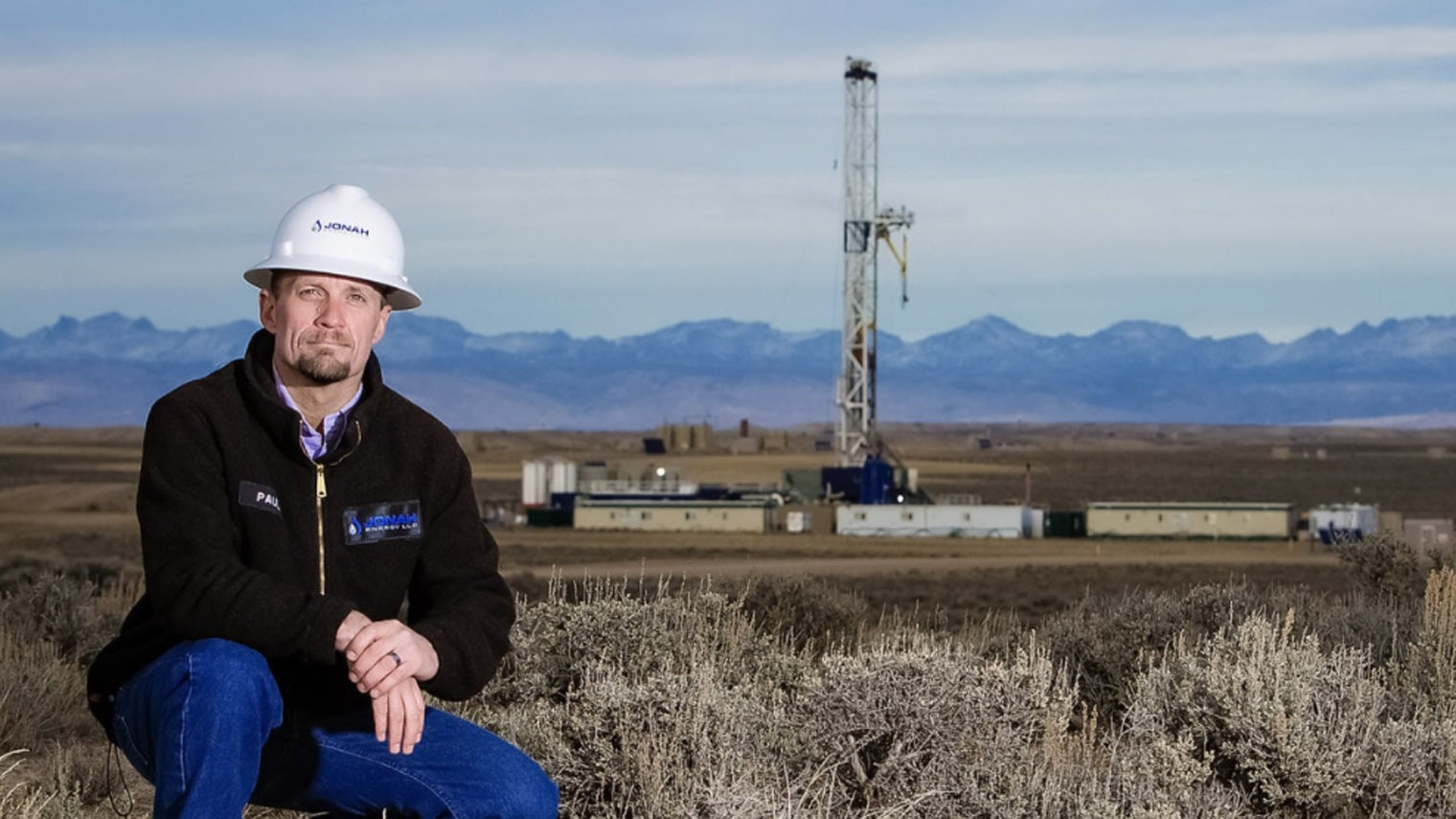While an executive order imposing a moratorium on oil and gas leases on federal land will have immediate impacts on the state, what is more concerning is the lack of solid information on how long it might go on, an oil and gas industry leader said Wednesday.
Paul Ulrich, vice president of Jonah Energy, said it could take some time to determine the full extent of the impact of President Joe Biden’s executive order on the state.
“Between the executive order and the various actions the federal agencies are going to have to take … I don’t think we’re going to see clarity on how it might impact Wyoming and our producers for quite some time,” said Ulrich, whose company is operating the state’s only natural gas rig. “The challenge we face now is the uncertainty.”
However, the order may also create an opportunity for Wyoming to have a voice in federal efforts to promote more efficient and cleaner fossil fuel production, Ulrich said.
Biden on Wednesday issued an executive order placing a moratorium on oil and gas leasing on federal land until the Department of Interior can complete a “rigorous review” of its permitting practices and its existing fossil fuel leases. The order is part of Biden’s climate change strategy.
The order extends one signed the first day Biden took office that halted leasing on federal land for 60 days.
The executive order includes no timetable, Ulrich said, which adds even more uncertainty to the situation.
“What that leads to is a significant amount of uncertainty in investing, operational planning, all of the other work that needs to be done to effectively and efficiently develop on federal land,” he said. “Clearly, the lack of certainty about what the future holds should be concerning for everybody in Wyoming.”
The longer the moratorium is in place, the bigger the impact on the state will be, Ulrich said.
“We all know the positive impact the industry has on revenues, on our job base, on our way of life,” he said.
A study conducted by the University of Wyoming at the direction of Wyoming’s Legislature predicted that an end to federal leasing would cost the state more than $300 million a year in lost tax revenues if it was in place for five years.
However, the review of federal leases as the Department of Interior looks for ways to make the production of fossil fuels could provide an opportunity for Wyoming and companies like Jonah, which Ulrich said produces some of the cleanest natural gas in the country, to have some input on the department’s ultimate decisions.
“What I see is an opportunity for Wyoming to step up and continue to lead in the conservation space, in innovation in producing natural gas and oil and coal cleaner and more sustainably,” he said. “It’s my strong desire that the new administration reaches out to us, allows us to sit at the table and demonstrate the success we’ve had to reduce all of our impacts.”
Wyoming has been recognized for its conservation efforts and its work to reduce carbon emissions and the federal review might give the state a chance to share its expertise, he said.
“We’re one of the few companies in the country to have certified low-emission natural gas,” he said. “We believe that can be part of the solution.”





